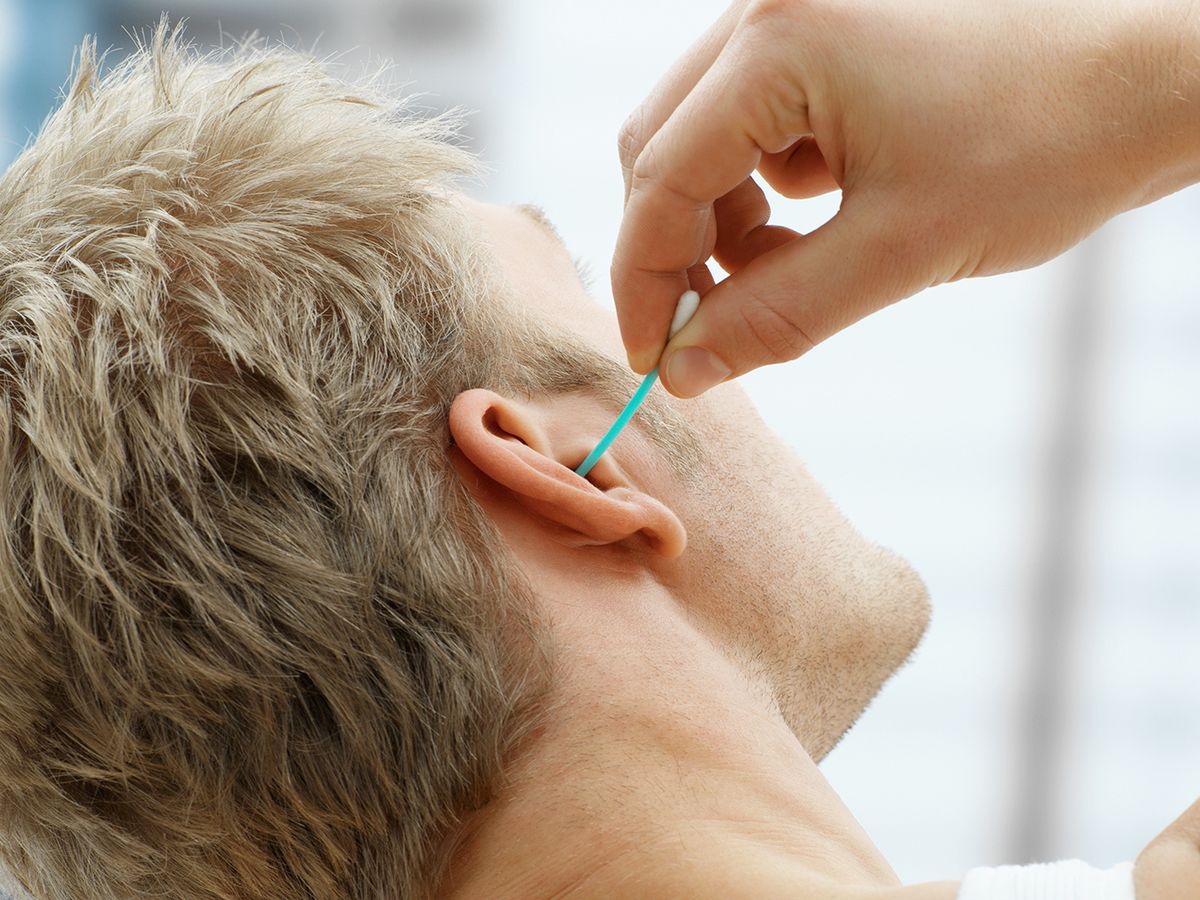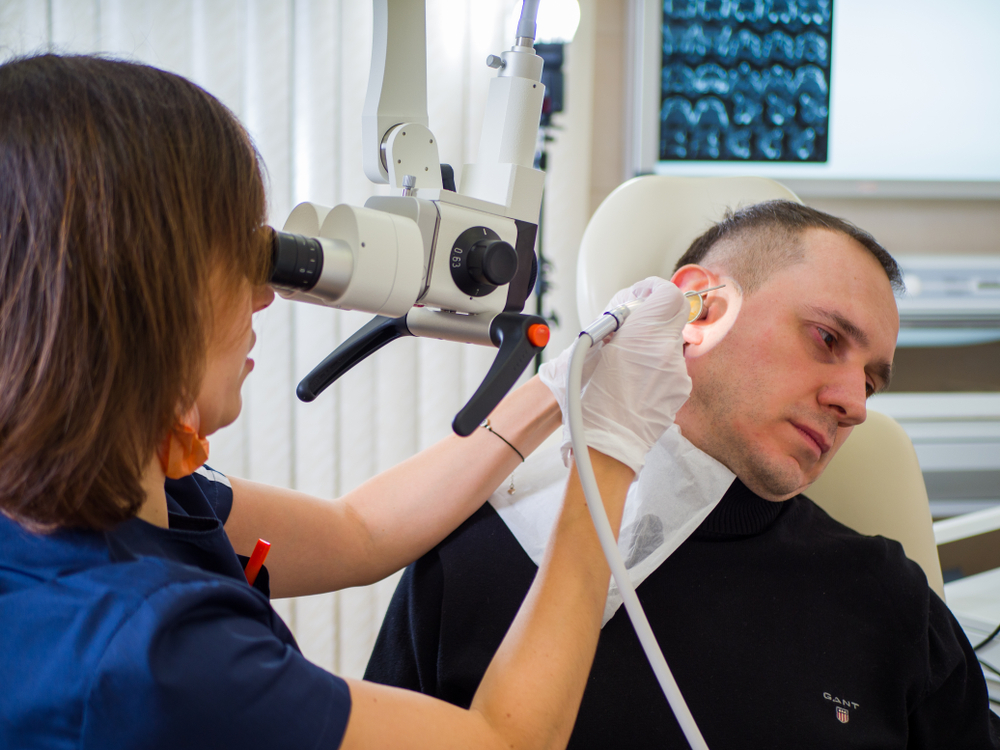Ear Health: What’s the Best Way to Clean Your Ears?
Learn how to safely clean your ears, avoid common pitfalls, and maintain optimal hearing health in this comprehensive guide.
Mastering Ear Care: The Ultimate Guide to Safe Ear Cleaning

Your ears play a crucial role in your daily life, but they often don’t get the attention they deserve until there’s an issue. Excessive earwax buildup can lead to discomfort and even hearing impairment. However, cleaning your ears isn’t as simple as sticking a cotton swab in and hoping for the best. Improper cleaning methods can do more harm than good. This guide will explore the best practices for cleaning your ears safely, what to avoid, and when to seek professional help.
read more: Should you skip breakfast after a heavy dinner? Experts discuss the pros and cons
Understanding Ear Impaction: Symptoms and Causes Earwax, or cerumen, is a natural substance produced by your body to clean and protect the ear canal. Under normal circumstances, it gradually works its way out of the ear on its own. However, sometimes wax can build up and become impacted, leading to a range of symptoms including aching, fullness, impaired hearing, and dizziness. Certain factors, such as regular use of hearing aids or earplugs, can increase the likelihood of wax impaction. Additionally, individuals with unique ear canal shapes or developmental disabilities may be more prone to this issue.
Safe Methods for Ear Cleaning
Professional Intervention: The safest way to address impacted earwax is by consulting a doctor. They have the expertise and tools necessary to safely remove the blockage. Methods such as cerumen spoon extraction, forceps, or irrigation may be employed depending on the severity of the impaction.
Damp Cloth: For minor wax buildup, gently wiping the outer ear with a warm, damp washcloth can help remove excess wax without risking damage to the ear canal.
Over-the-Counter Drops: Pharmacies offer a variety of eardrops designed to soften earwax for easier removal. These drops typically contain ingredients like mineral oil, glycerin, or peroxide. Follow the instructions carefully and consult a doctor if symptoms persist.
Bulb Syringe Irrigation: This method involves gently rinsing the ear canal with water or saline solution. Before irrigation, it’s advisable to soften the wax with drops for optimal effectiveness. Ensure the solution is warmed to body temperature to prevent dizziness.

https://www.browardcenta.com/video-gallery/how-to-properly-clean-your-ears/
Why Ear Cleaning Matters
While a certain amount of earwax is normal and healthy, excessive buildup can lead to various issues, including ear infections and hearing loss. Regular cleaning can prevent these complications and ensure optimal ear health. However, it’s important to strike a balance and avoid over-cleaning, which can irritate the ear canal and exacerbate the problem.
Frequency of Ear Cleaning
In most cases, your ears are capable of self-cleaning, and routine maintenance may not be necessary. If you experience symptoms of wax buildup, such as decreased hearing or discomfort, consider using OTC kits or seeking professional help. Individuals with specific risk factors or medical conditions should consult their doctor for personalized advice on ear care.
Read more: Hair Oils Vs. Serums- Which One Is A Better Haircare Formula? Experts Explain
Things to Avoid
Certain practices can increase the risk of ear damage and should be avoided. Inserting objects like cotton swabs or bobby pins into the ear canal can push wax deeper and potentially damage the eardrum. Additionally, individuals with certain medical conditions, such as diabetes or compromised immune systems, should refrain from ear irrigation without medical supervision.
When to Seek Medical Attention
Persistent symptoms of earwax blockage or signs of infection should prompt a visit to the doctor. Symptoms such as earache, fluid drainage, or impaired hearing require professional evaluation to determine the underlying cause and appropriate treatment.
Protecting Your Ears for the Long Term
In addition to regular cleaning, taking proactive steps to protect your ears can help maintain optimal hearing health. Avoid exposure to loud noises whenever possible, use protective gear in noisy environments, and monitor for changes in hearing or balance. By prioritizing ear care and adopting healthy habits, you can enjoy clear hearing for years to come.
We’re now on WhatsApp. Click to join.
Conclusion: Proper ear care is essential for maintaining optimal hearing health and preventing complications such as wax impaction and infections. By following safe cleaning practices, avoiding harmful habits, and seeking medical attention when necessary, you can ensure that your ears remain in top condition. Remember, when it comes to ear care, safety always comes first.
Like this post?
Register at One World News to never miss out on videos, celeb interviews, and best reads.








